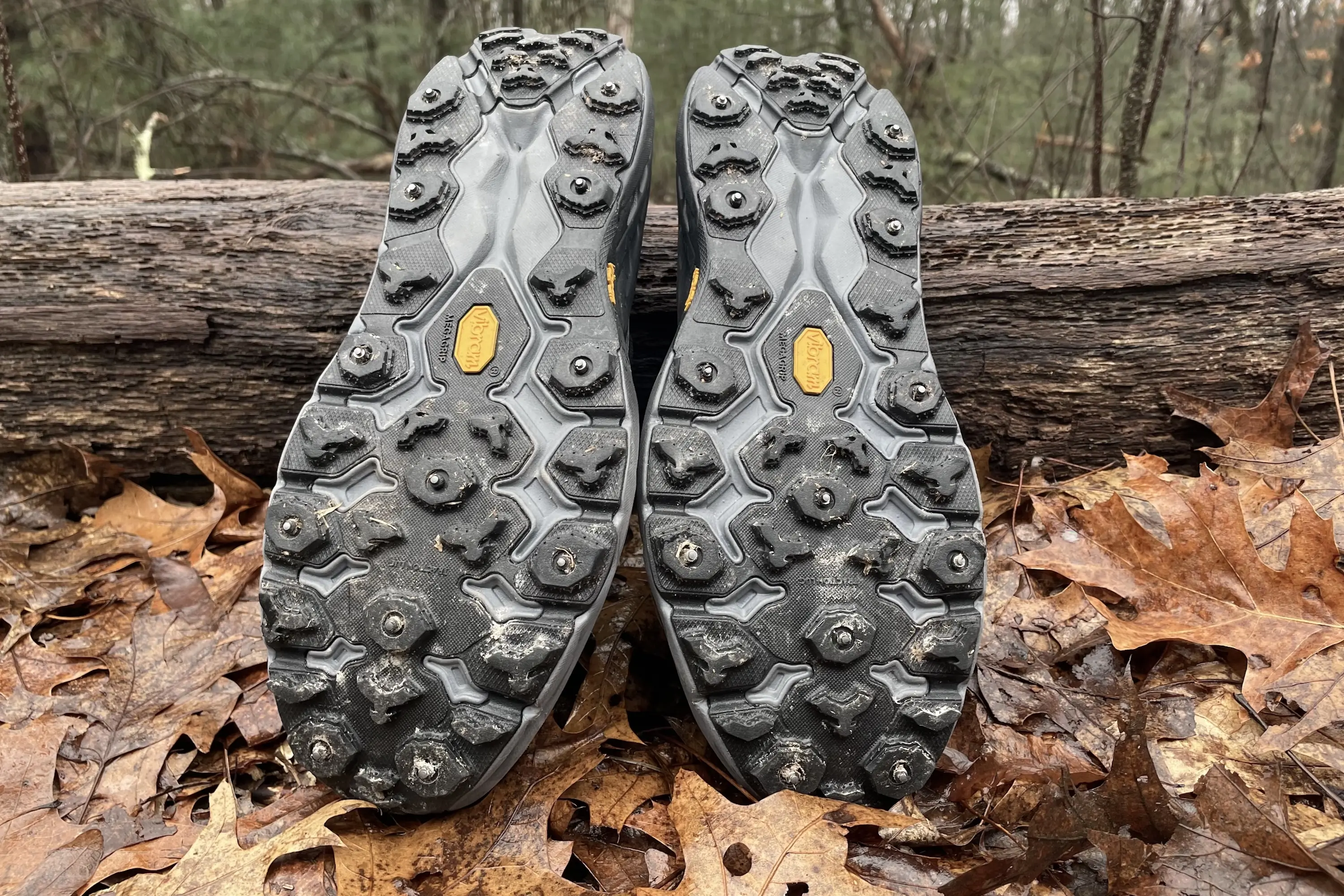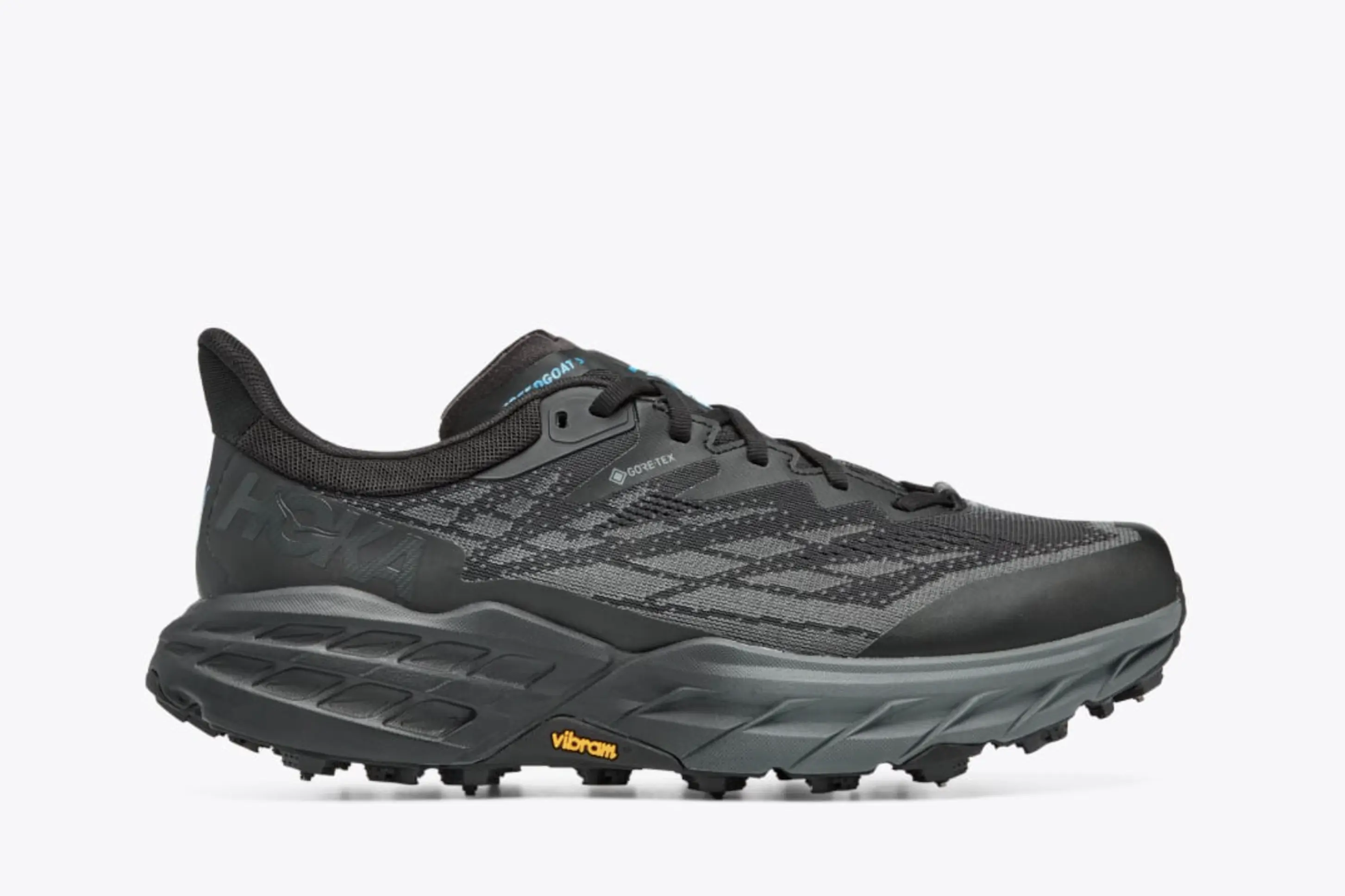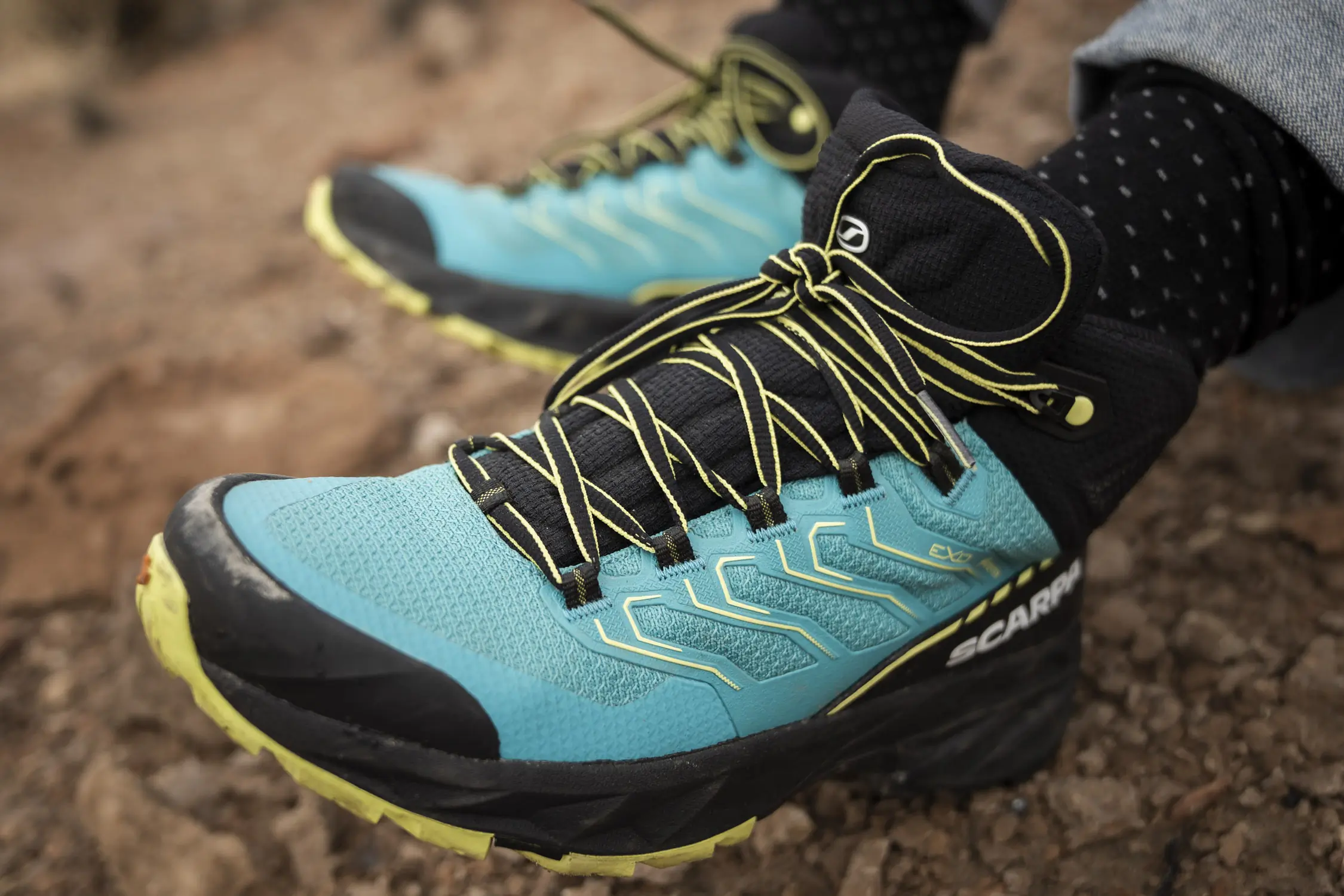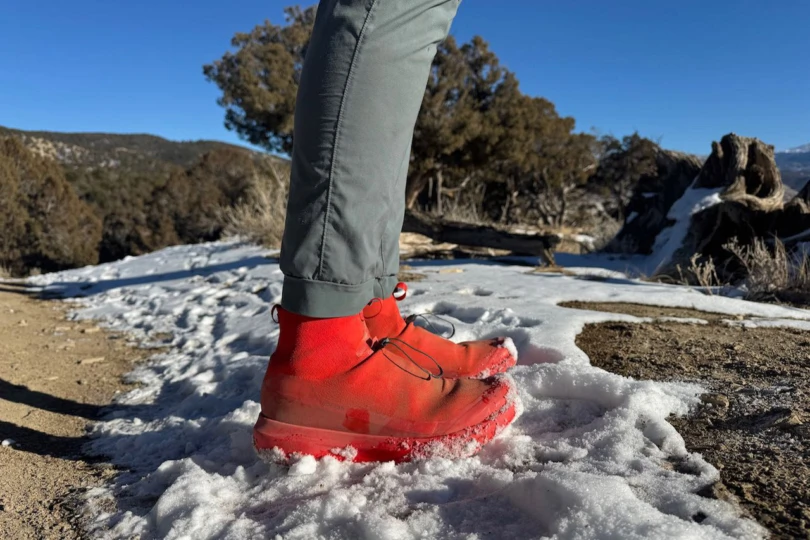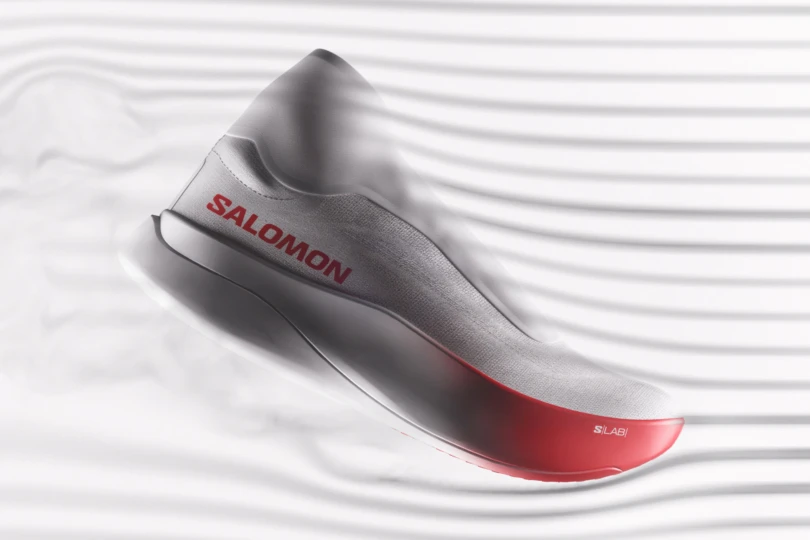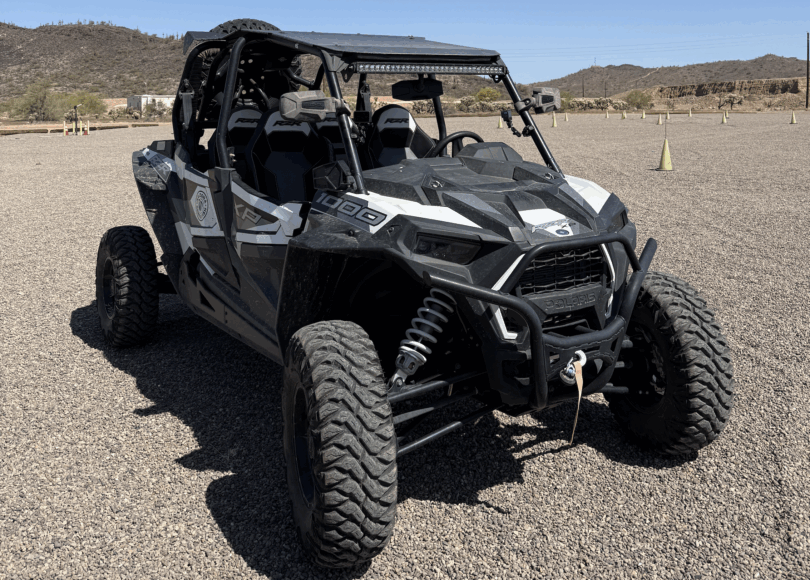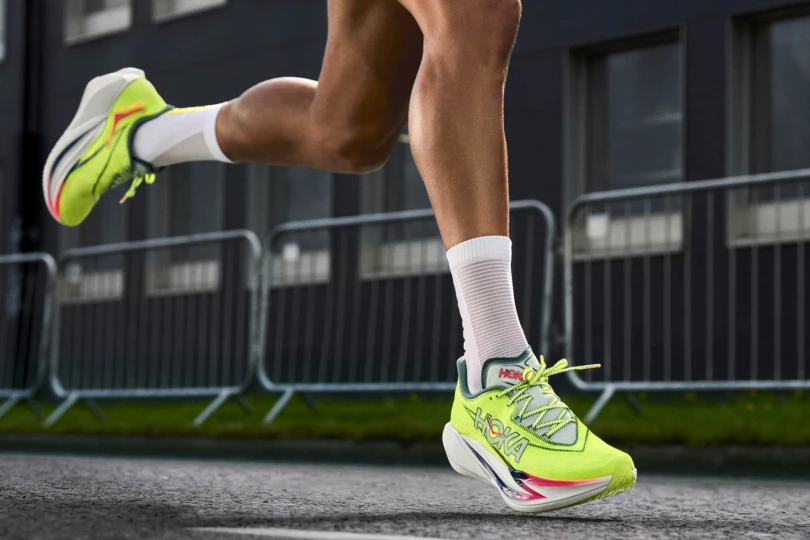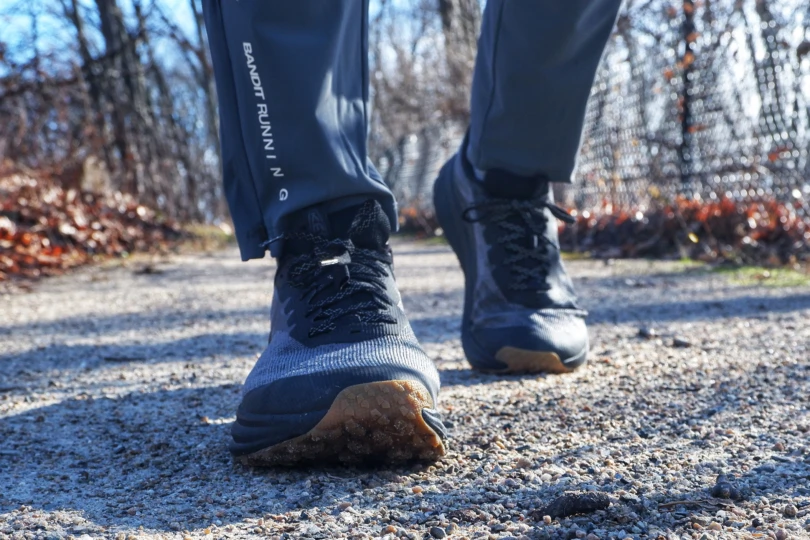There is a saying, often repeated to shivering kids, that there is no bad weather, only bad clothing. With the impressive technical updates that modern running gear is receiving, this adage is becoming truer every year.
Perhaps one could be forgiven for skipping cold runs back in the days when heavy leather shoes were considered state-of-the-art. But nowadays, sturdy, lightweight, waterproof sneakers don’t leave a lot of room for excuses.
Despite the deepest lugs and the most robust GORE-TEX linings in some trail runners, icy conditions can still necessitate strapping on microspikes. This can either be a convenient solution or a cumbersome add-on — depending on your tolerance for modularity. So, to create the optimal winter running shoe, a few brands have created outsoles with integrated spikes. (Salomon is known for this.)
In short: HOKA Speedgoats have been a favored trail shoe since they emerged on the scene in 2017, and the Speedgoat 5 GTX is the first in the line to get this winterized update to its undercarriage. So, how did the shoe fare in winter? Overall, the Speedgoat with spikes added performed great on hardened, icy trails, especially in colder temps and subpar trail conditions. On mixed trails with softer snow, slush, or mud, the shoe was fine but imperfect. The spikes are for sure a helpful addition to the shoe. But how much you’ll get out of the Speedgoat GTX Spikes really depends on the trail conditions.
Read on for my full verdict.
- Materials: 44% recycled polyester engineered mesh, GORE-TEX with 71% recycled polyester face fabric, waterproof membrane, EVA midsole, Vibram Megagrip outsole, 70% recycled nylon laces
- Spikes: Tungsten carbide spikes
- Waterproof: Yes
- Toecap: Yes
- Weight: 10.3 oz. per shoe
- Men's/Women's sizes: 7-14, 5-11
Pros
- Super stable and grippy on ice and hard winter trails
- Grippy thanks to 5mm lugs and spikes combo
- Feet stay dry with GORE-TEX waterproof membrane
- Lay-flat tongue keeps laces and foot secure
- Eliminates the need for microspikes
Cons
- Spike version only comes in low — lacks ankle support
- Only comes in black color
- Spikes will dull if you wear on rocky or pavement surfaces
HOKA Speedgoat 5 GTX Spike Review
Ideal for Ice
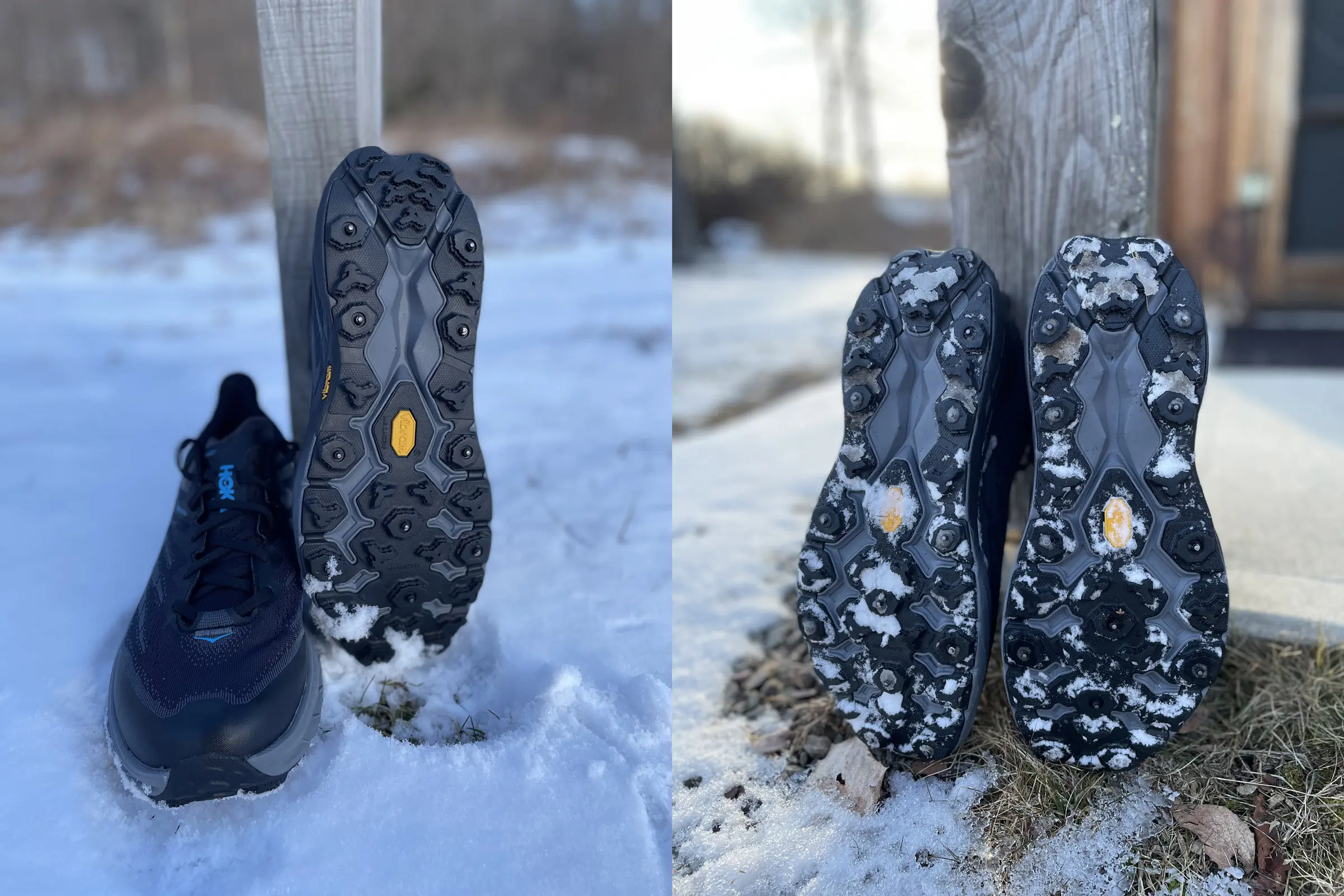
The Speedgoat 5 GTX Spikes feature a dozen tungsten carbide nubs on the bottom of each Vibram Megagrip sole. They are slightly less spiky than the more claw-like points on the ends of many spike systems, though they are far more grippy than any lugs could be. This allows you to lace them up at home and drive with them on rather than slipping them on only at the trailhead, as they won’t be too much of a hazard to domestic flooring.
However, you won’t want to get in the habit of walking around in them off trail, as the spikes will wear out much faster on pavement and other hard surfaces.
Unless, of course, that surface happens to be ice. I tested the HOKAS on several runs in the Poconos and the Berkshires in a variety of conditions. They performed best when the temps were lowest and the snow cover the hardest.
The spikes do a commendable job of digging in and keeping your footing secure. Even on a downhill that would be treacherous without any additional winterization, I was confident in my footfalls. And even unafraid to push the pace.
Fine on Snow and Mixed Terrain
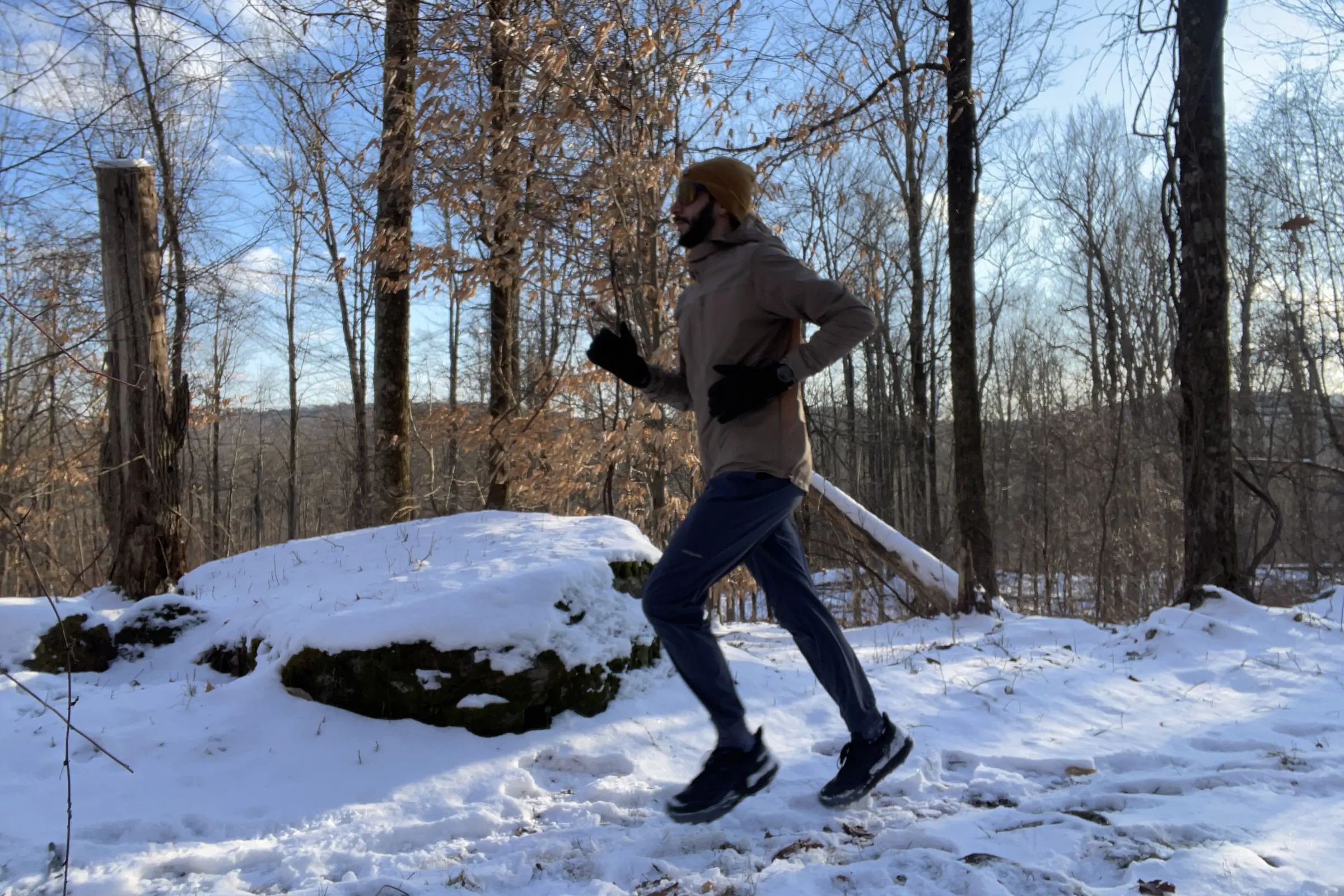



In warmer temperatures, when the snow was softer and more giving, the Speedgoat Spikes experienced a degree of sliding around that would likely impact any running shoes on slushy terrain, as there was not much solidity to provide purchase underfoot. The downside in adding spikes to the Speedgoat is there are fewer of the existing multidirectional lugs for grip on non-ice surfaces.
For a low shoe, the GTX lining worked remarkably well, keeping my feet dry even as the cuffs of my pants soaked up spray, which makes me wonder if the spikes might be a worthy addition to the Speedgoat 5 Mids.
On runs where the snow was patchy and the trail was exposed in sections, the Spikes worked well. But even in testing, I did wonder if they were overkill. At 1 pound and 8.3 ounces, they are not the lightest runners. Of course, I’m not planning on setting any PRs in the winter conditions, so I’d much rather sacrifice weight for grip and stability.
Sizing and Feedback
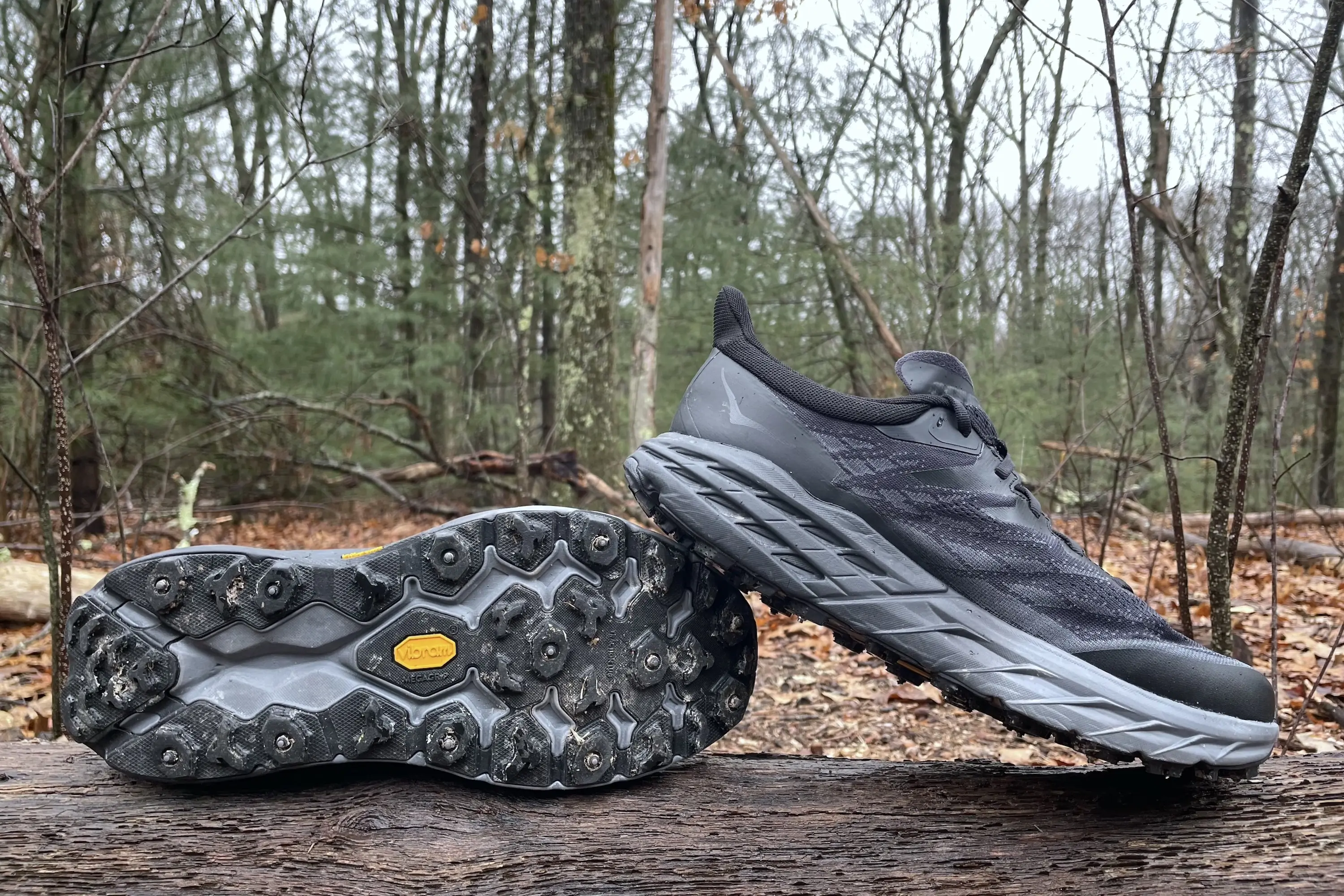



In terms of sizing, the Speedgoat 5 GTX Spikes were on the snug side. I am either a 10.5 or 11 in trail runners and was definitely glad for the increased room in the toebox that the 11s afforded me.
I am a fan of the lay-flat gusseted tongue, which gave my ankle room to operate while still keeping out moisture. The sock liner and GORE-TEX membrane together do a good job of keeping the foot dry.
The overall feel of the shoe skewed somewhat rigid, but given the uncertainty of what lay beneath the ice and snow, that allowed me to run with more confidence.
HOKA Speedgoat 5 GTX Spike: Conclusion
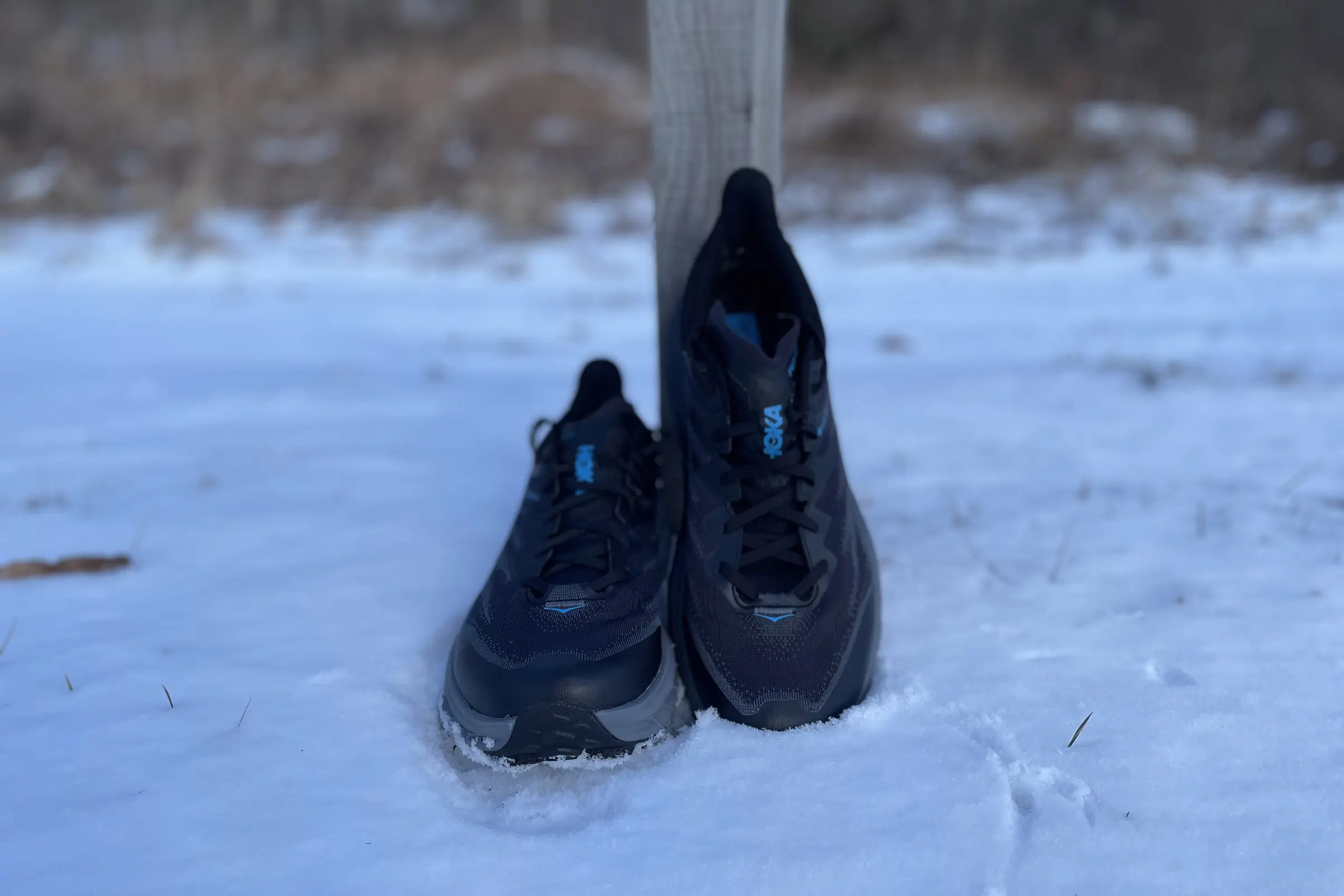



Ultimately the Speedgoat 5 GTX Spikes are a trail shoe that will definitely remain in my winter arsenal. But one thing you should consider is what winter entails in your neck of the woods these days.
I planned on using them much more than I did, envisioning icy escapades all season long. Thanks to climate change, it seems like Boston is no longer the winter wonderland I grew up in.
Therefore, these shoes are best for dedicated runners that frequently encounter ice. And, for those who prefer to avoid the hassle of carrying or adding microspikes to other shoes. If you want a shoe as is that can handle ice, this is it.
Though at $185, these are certainly an investment, especially for a highly specific pair of shoes. However if you are a four-season runner like me who values getting out there in all conditions, this is a pair of trail runners you will thoroughly appreciate.
